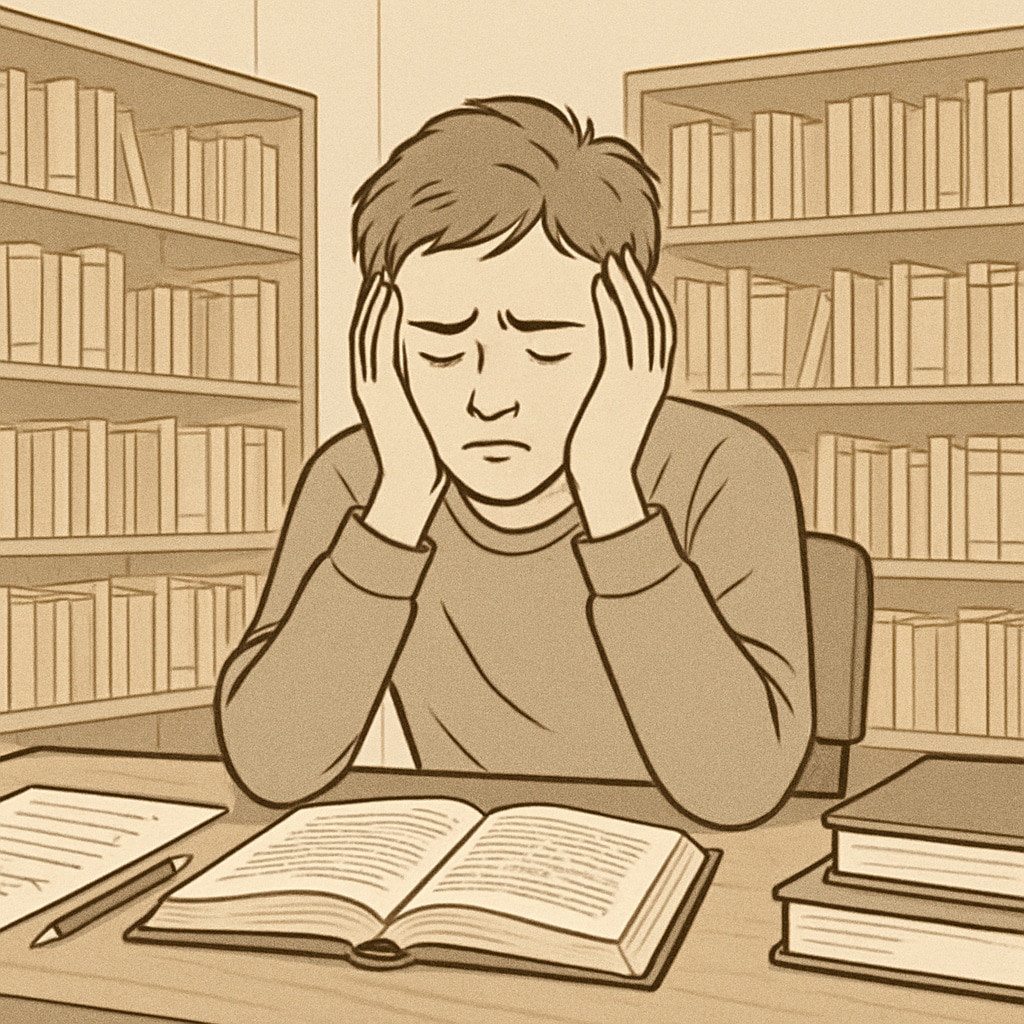In academic environments, the accusation of plagiarism is a serious matter. However, wrongful plagiarism accusations by professors can deeply impact students, leaving them feeling unjustly treated and misunderstood. Understanding the causes behind these errors and addressing their effects is vital for creating a trust-based academic integrity system that benefits both educators and learners.

Why Professors Wrongly Accuse Students of Plagiarism
There are several reasons why professors may mistakenly accuse students of plagiarism. These include reliance on flawed plagiarism detection software, misinterpretation of writing styles or research methods, and unconscious biases. For example, automated tools like Turnitin are valuable but not infallible; they often flag paraphrased content as plagiarized, even when properly cited.
- Over-reliance on technology: Sophisticated plagiarism detection tools sometimes generate false positives, leading professors to assume misconduct without proper investigation.
- Misjudging originality: Educators may mistake students’ use of common phrases or widely accepted ideas for plagiarism, particularly in subjects where shared knowledge is prevalent.
- Implicit bias: Assumptions based on a student’s background, language proficiency, or academic history can influence judgments of plagiarism.
As a result, these accusations often stem from systemic issues rather than intentional negligence on the professor’s part. Addressing these root causes requires both institutional support and individual awareness.
The Psychological Impact of Wrongful Accusations
Wrongful plagiarism accusations can have lasting effects on students’ mental health, academic performance, and trust in the educational system. Being falsely accused often triggers feelings of shame, frustration, and helplessness. This can undermine students’ confidence in their intellectual abilities.
Furthermore, prolonged stress from such accusations may lead to anxiety or depression. For younger students in K12 settings, where personal identity and self-esteem are still developing, the impact can be particularly profound. The sense of betrayal from a trusted educator can erode the foundational relationship between teacher and student, making it harder for students to engage in future learning.

Building Trust-Based Academic Integrity Systems
To prevent wrongful accusations, educational institutions must prioritize the development of trust-based academic integrity systems. Such systems rely on collaboration, transparency, and mutual understanding among all stakeholders.
- Educator training: Professors should receive ongoing training on plagiarism detection and academic integrity policies, ensuring they can interpret results accurately.
- Student awareness: Institutions should educate students about proper citation methods and academic honesty, reducing the likelihood of accidental plagiarism.
- Appeal mechanisms: Implementing fair and accessible appeal processes allows students to challenge wrongful accusations and ensures unbiased evaluations.
In addition, fostering open communication between educators and students can mitigate misunderstandings. Regular dialogue about expectations and academic integrity can help build a culture of trust that benefits both parties.
Readability guidance: This article uses concise paragraphs and lists to enhance clarity. Active voice dominates, and transitions like “however” and “for example” facilitate smooth reading. Images are placed strategically to complement the text and visually illustrate key themes.


